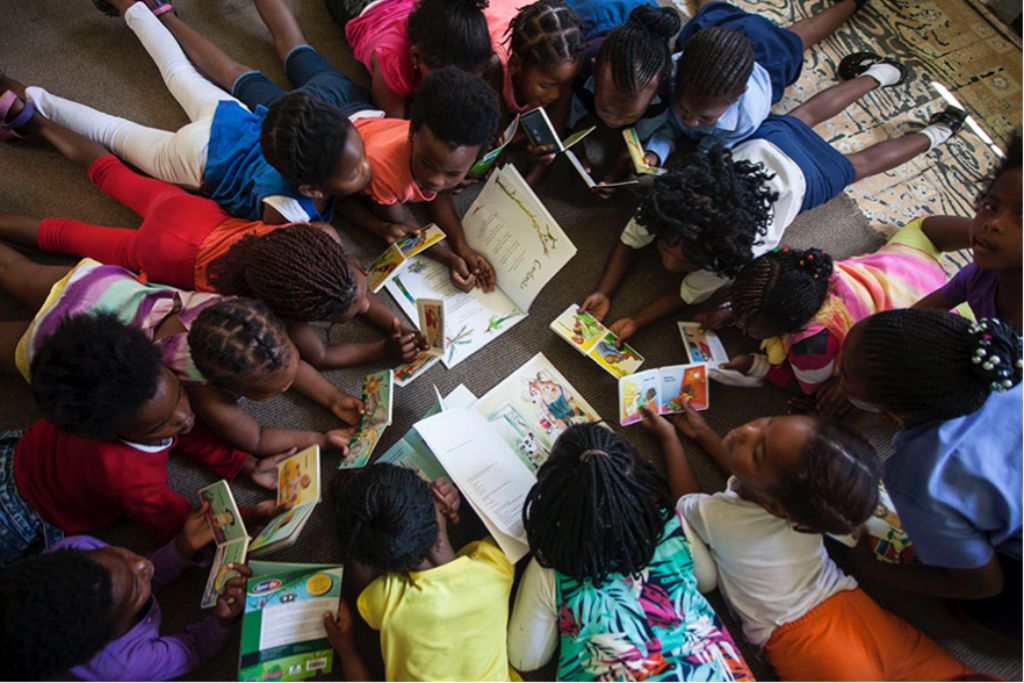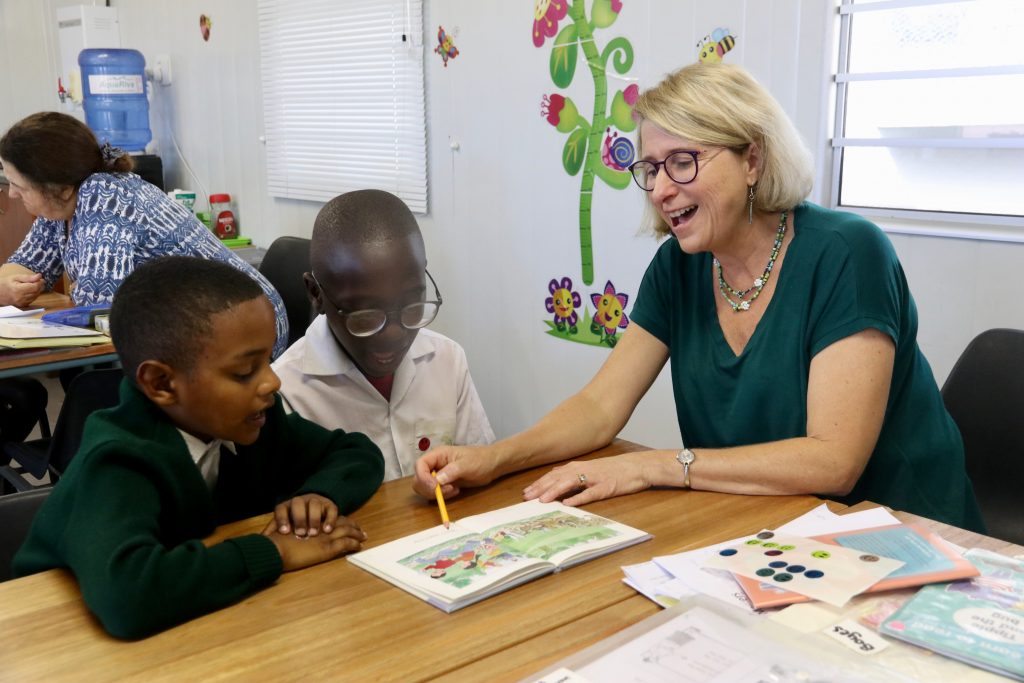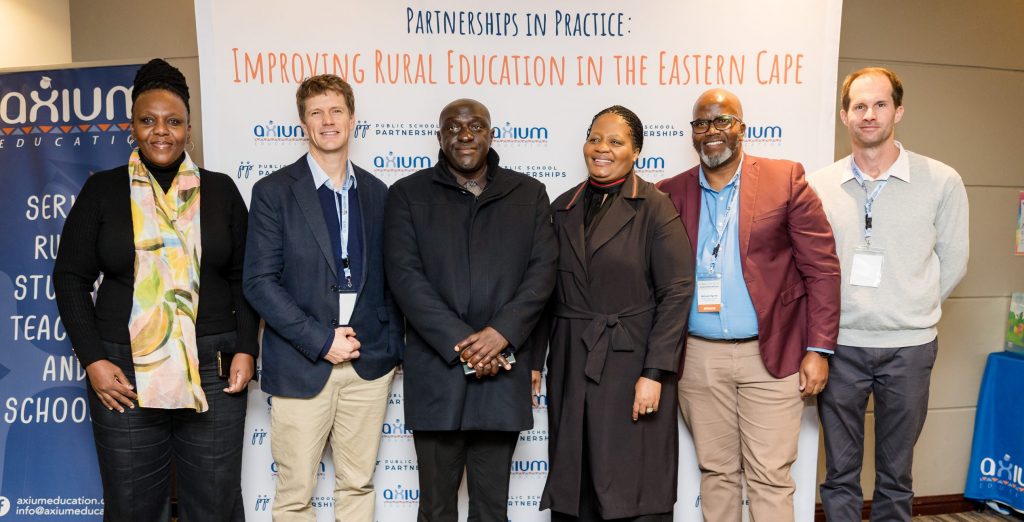This month I would like to introduce you to Nal’ibali, an organisation built on the simple logic that a well-established culture of reading can be a real game-changer for education in South Africa. Literacy skills are a strong predictor of future academic success in all subjects – and children who regularly read and hear engaging stories, in languages they understand, are well equipped and motivated to learn to read and write. A significant body of research reinforces the link between reading for pleasure and improved outcomes for children.
What does literacy mean?
Put simply, literacy means reading and writing. But we all have different experiences of literacy – and when we talk about reading and writing, we can mean different things. We could be thinking about reading a story, writing a shopping list, filling in a tax form, reading a textbook, writing an SMS or email or flipping through the Sunday papers.
Literacy in South Africa
No country is without challenges in getting all children to become readers and writers. However, in most African settings, far too many children do not have access to books, or pencils and paper, let alone to digital technology. They also do not have the social, linguistic and other educational opportunities needed to make sense of the complexities of reading and writing – both inside and outside the classroom.
Systematic evaluations by the South African Department of Basic Education and the Progress in International Reading Literacy Study (PIRLS) provide stark evidence that huge numbers of children do not learn to read and write in primary school. In fact, in 2011, 53% of all Grade 3 children and 70% of all Grade 6 children scored less than 35% on the South African Annual National Assessment language test. Many of these children will grow up to be un-trainable as young adults in a society that requires a literate workforce. Fortunately, none of this is unsolvable. An abundance of international and local research exists to inform us that all children need experiences of books and stories as recreational activities to grow strong literacy foundations.
How can we help?
Reading clubs are safe, informal spaces where children can freely arrive to engage with books and stories. We are working with The Bookery, Nal’ibali and The Principals Academy to create a fun and engaging space for reading clubs, starting in the foundation phase at Bongalethu Primary.
CSI days
As a business partner of The Kamvalethu Foundation, you will have the opportunity to become involved in these clubs through becoming a FUNda Leader.
FUNda (meaning “learning” in isiXhosa) leaders:
- are adults who care about and respect children
- want to help children learn and become literate through fun and relaxed interaction with stories
- are willing to be reading role models
Nal’ ibali will train you to:
- encourage and support personally satisfying reading and writing in children of all ages
- learn about different kinds of books and stories
- practice rhymes, songs, stories and games as foundations for literacy learning
If you feel that this is something you would like to become involved in, sign up for the one day FUNda leader training in December (it will be considered your CSI day allocation for 2017). After you have received this training, there will be several opportunities in 2018 to join a group as part of our CSI programme.




